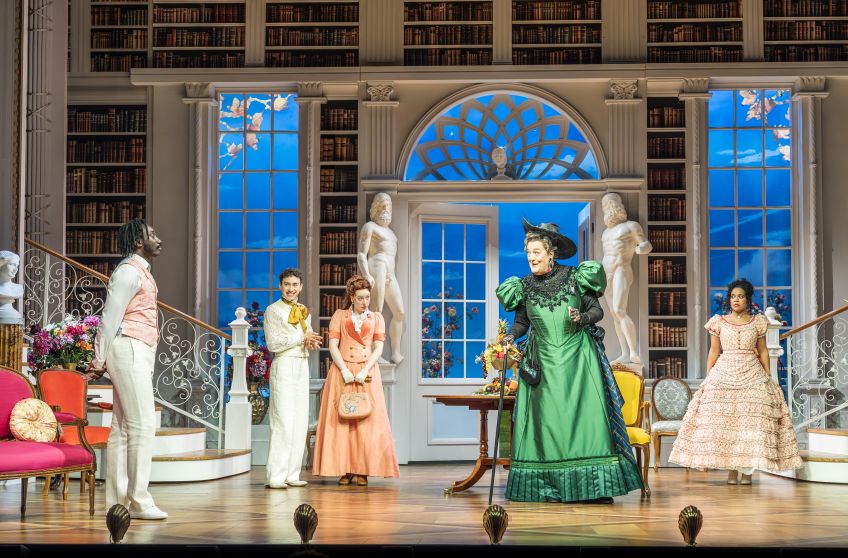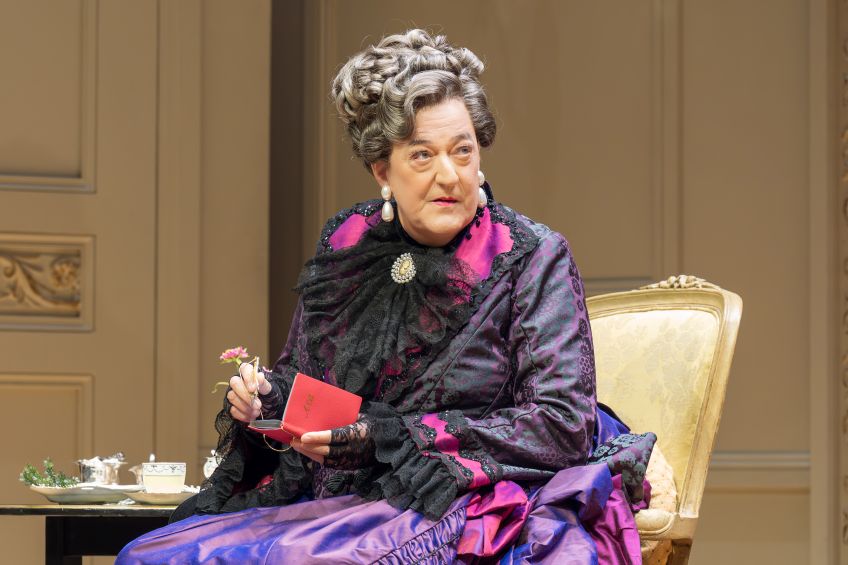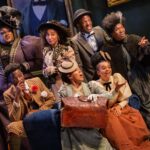Oscar Wilde said “audiences were to expect something exquisitely trivial, a delicious bubble of fancy, which had a philosophy and that was that we should treat the trivial things of life very seriously and the serious things of life with sincere and studied triviality.”
The Importance of Being Earnest is the wittiest play in the English language. The premiere in 1895 was a great triumph. The plot is slight. The real charm lies in the dialogue. A great deal of nonsense is spoken with deadpan seriousness. As Wilde knew well, “In matters of grave importance, style not sincerity is the vital thing.”
There isn’t a topic he doesn’t touch: social etiquette, politics, food, music, servants, celibacy, romantic love, proposals, marriage, parenthood, unmarried mothers, abandoned babies, the three-volume novel, girls’ diaries, education, Germans, Australians, baptism, death, mourning, even burial in Paris and, of course, scandal.
The lead characters, Algernon Moncrief and Jack Worthing, lead double lives, just like Oscar and his boyfriend, Bosie Douglas, did. (Incidentally, Ernest was Victorian slang for homosexual and Cecily was a popular trade-name for rent-boys.)
Wilde wrote a sophisticated high comedy. He did not write a farce. But Max Webster’s exuberant and radical retake, first seen at the National Theatre and now completely recast, directs it for outright farce.
Too often comic business takes precedence over epigrammatic wit. The gay sub-text and coded references are decoded and given a blatant queer spin. There is too much slapstick, too much emphatic delivery of lines and too much shouting.

The women’s singles between Cecily Cardew and Gwendolen Fairfax over the tea-table, which Cecily wins, game, set and match, is marred by over-acting and then upstaged by butler Merriman’s doddery behaviour. The acting is too broad and vulgar. Gwendolen spews tea all over Cecily’s face. Meanwhile, Cecily in a later scene actually vomits.
Olly Alexander’s conceited diminutive Algernon is a very cute and very camp dandy, totally original and quite unlike any other Algernon. Nathan Stewart-Jarret’s Jack is original, too. Both men handle the humorous dialogue much better than the women do.
The actors playing Canon Chasuble and Miss Prism bring absolutely nothing to their roles. Fortunately, Stephen Fry, who played Wilde on film in 1997, is playing Lady Bracknell. (It is not the first time she has been played by a male actor.)
Fry commands the stage with his tall presence and perfect diction. His performance is without caricature and absolutely faithful to Wilde. Lady Bracknell’s interview of Jack Worthing is the high spot of the evening.
To learn more about Robert Tanitch and his reviews, click here to go to his website. 




